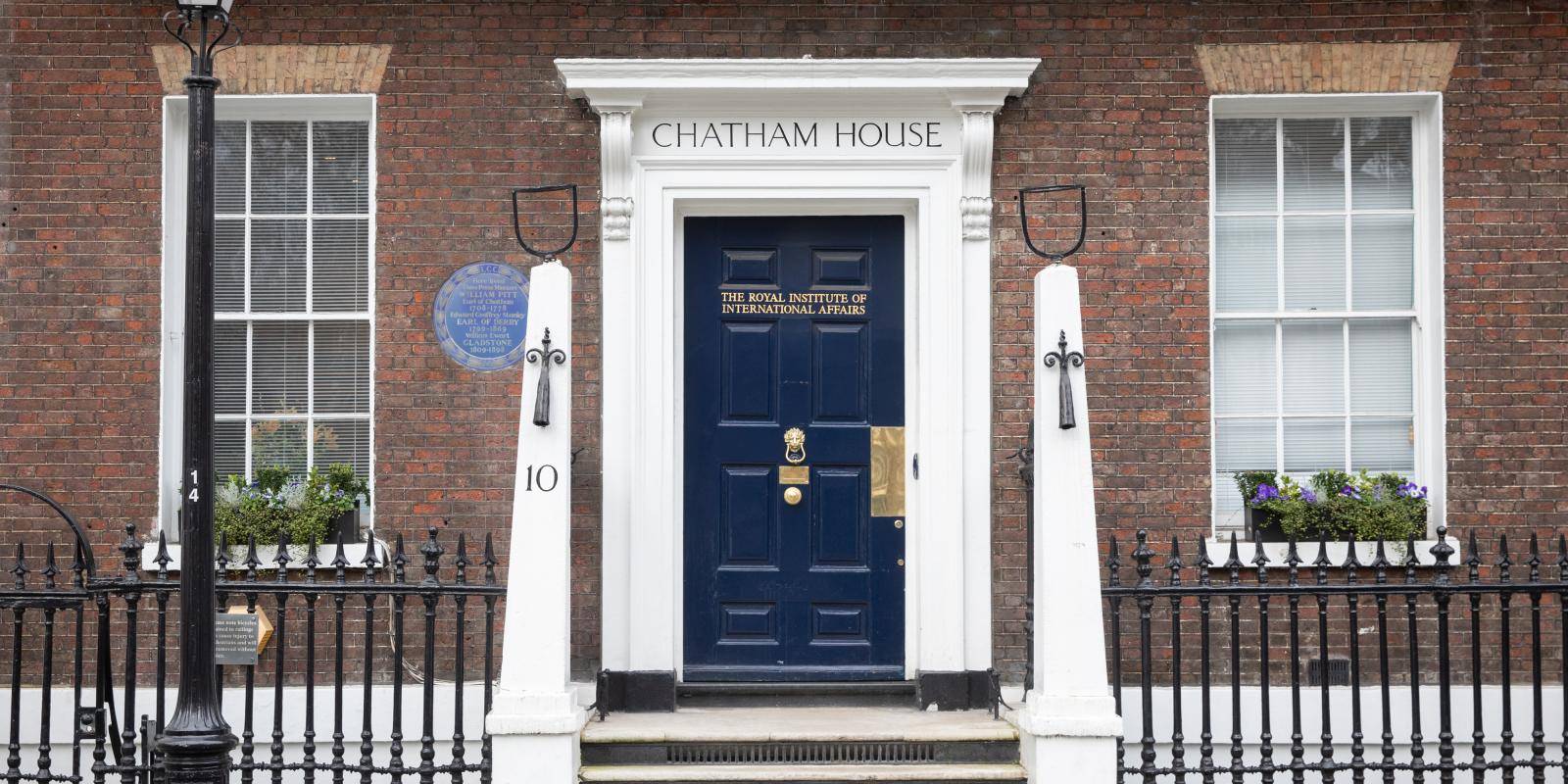In the course of the on-going campaigns for the general elections scheduled to take place next month, it has been observed that presidential candidates of the major political parties namely; Asiwaju Bola Tinubu of the All Progressives Congress ( APC), Atiku Abubakar of the Peoples Democratic Party ( PDP), Peter Obi of Labour Party (LP) and Rabiu Kwankwaso of the New Nigeria Peoples Party, (NNPP) have all made a beeline to the Chatham House in London to address issues pertaining to their presidential campaigns.
Predictably, this has got Nigerians wondering the relevance of these well-publicised visits to the existential issues in Nigeria. Typical questions being asked about these junkets are “Do the solutions about Nigeria’s issues exist in the United Kingdom, which makes such visits mandatory on the candidates?’’ Do the visits justify the huge sums of money expended for the purpose?’’
When examined critically, the reality bears out that Nigerians are justified in asking germane questions on why those that are leaders in their own right and are seeking to occupy the highest position of authority in the country in the next round of elections will be seeking solutions to Nigeria’s challenges abroad rather than at home.
Chatham House, which derives this name from its location in St James Square in London is an independent policy institute, which through research and other information gathering methods functions as one of the primary sources of ideas and strategies to the British government on how to address its foreign policy challenges. Established in 1920, through the initiative of British and American policy experts, its full name and designation is the Royal Institute of International Affairs. Its American equivalent is the Council of Foreign Relations based in New York.
Weekly Report: Chatham House, Fuel Queues and Award For Buhari
Mobile app launched to combat fake news
In the knowledge that Chatham House exists to serve British interests exclusively, Nigerians find it incongruous that Nigerian leaders as long as can be remembered have come to consider it a point of duty to go there and make fundamental pronouncements on Nigeria’s domestic and foreign policy issues.
There are reasons to be concerned about this. First of all, the prohibitive cost for such trips, which includes transportation, accommodation and other logistical convenience of the entourage is insensitive, considering the dire economic and social conditions of the majority of Nigerians that the candidates themselves recognise and talk about. It makes no sense for presidential candidates who glibly talk about the prevailing situation in the country and have promised to alleviate it, to expend such huge sums that could easily provide succour to Nigerians, on a junket that will ultimately deliver very little if at all to the people.
Secondly, the presidential candidates ought to know that their priority is at home here in Nigeria where the people who are going to cast the votes expect them to address the issues directly and practically to their satisfaction.
Considering that the audiences during virtually all the Chatham showing of the presidential candidates are made up mostly of Nigerians either resident in the United Kingdom or those that accompanied the candidates from Nigeria, this further questions the need for the Chatham visitation.
If at all such gatherings should be held, we have similar functioning institutions such as the Nigeria Institute for International Affairs, (NIIA) the National Institute for Policy and Strategic Studies (NIPSS) and the Nigeria Institute for Social and Economic Affairs, NISER, among others that could organise them. The NIIA as a matter of fact is modelled after the Chatham House, which as earlier mentioned is named as Royal Institute for International Affairs. It was established by the British government as a gift to Nigeria. In the course of its existence, the NIIA has and still plays a key role in providing useful policy perspectives to succeeding Nigeria governments on foreign and domestic issues.
NIPSS also, which functions as both a policy think tank and as a training institute for top flight executives and policy makers across the sectors of Nigerian society has been very effective in providing policy direction to Nigerian governments for over the years.
These institutions should serve as more relevant and appropriate venues for the type of engagements that our political elites spend so much time, expense and convenience going to Chatham House for.
We believe this practice is a reflection of the ingrained inferiority complex of many Nigerian leaders underpinned by our past history as a former colony of Britain. We see this unfortunate mentality in many ways, especially among our elite, which all too often undermine our sovereignty and independence as a nation by seeking solutions to our issues abroad instead of from within. In this regard, the frequent trips undertaken by members of the PDP group of five governors to London to discuss issues relating to their differences with their party, is an unfortunate example.
We call on our political elite to put a stop to this embarrassing behaviour, which casts Nigeria as a nation that does not deserve and value its sovereignty and independence. Going forward, the National Assembly should make a resolution to domesticate and compel our political parties to organise their rallies and political engagements within the country for the benefit of Nigeria. The resolution of our challenges as a nation should come from home and not abroad. We have come a long way as an independent country and we should act like one.

 Join Daily Trust WhatsApp Community For Quick Access To News and Happenings Around You.
Join Daily Trust WhatsApp Community For Quick Access To News and Happenings Around You.

